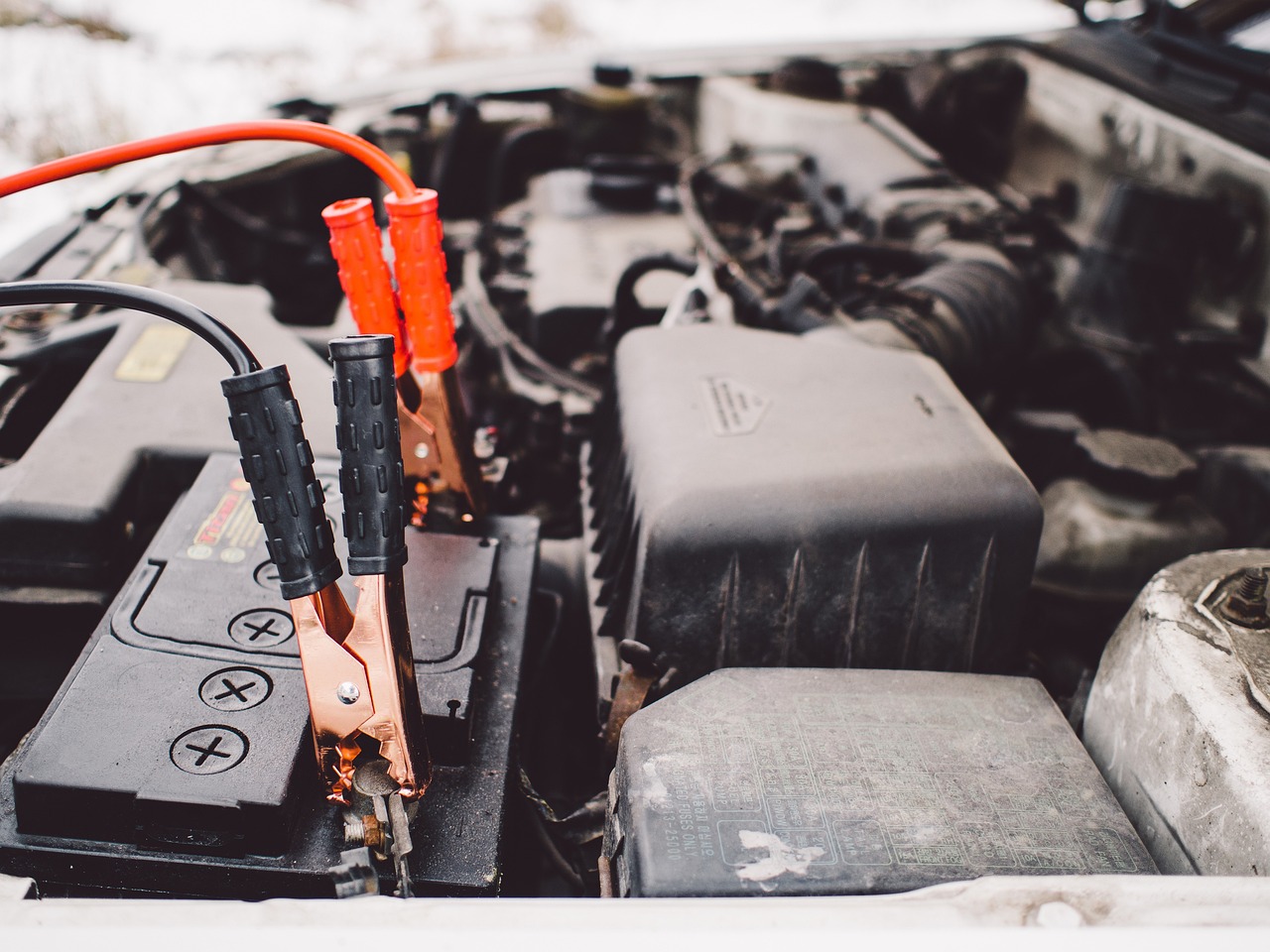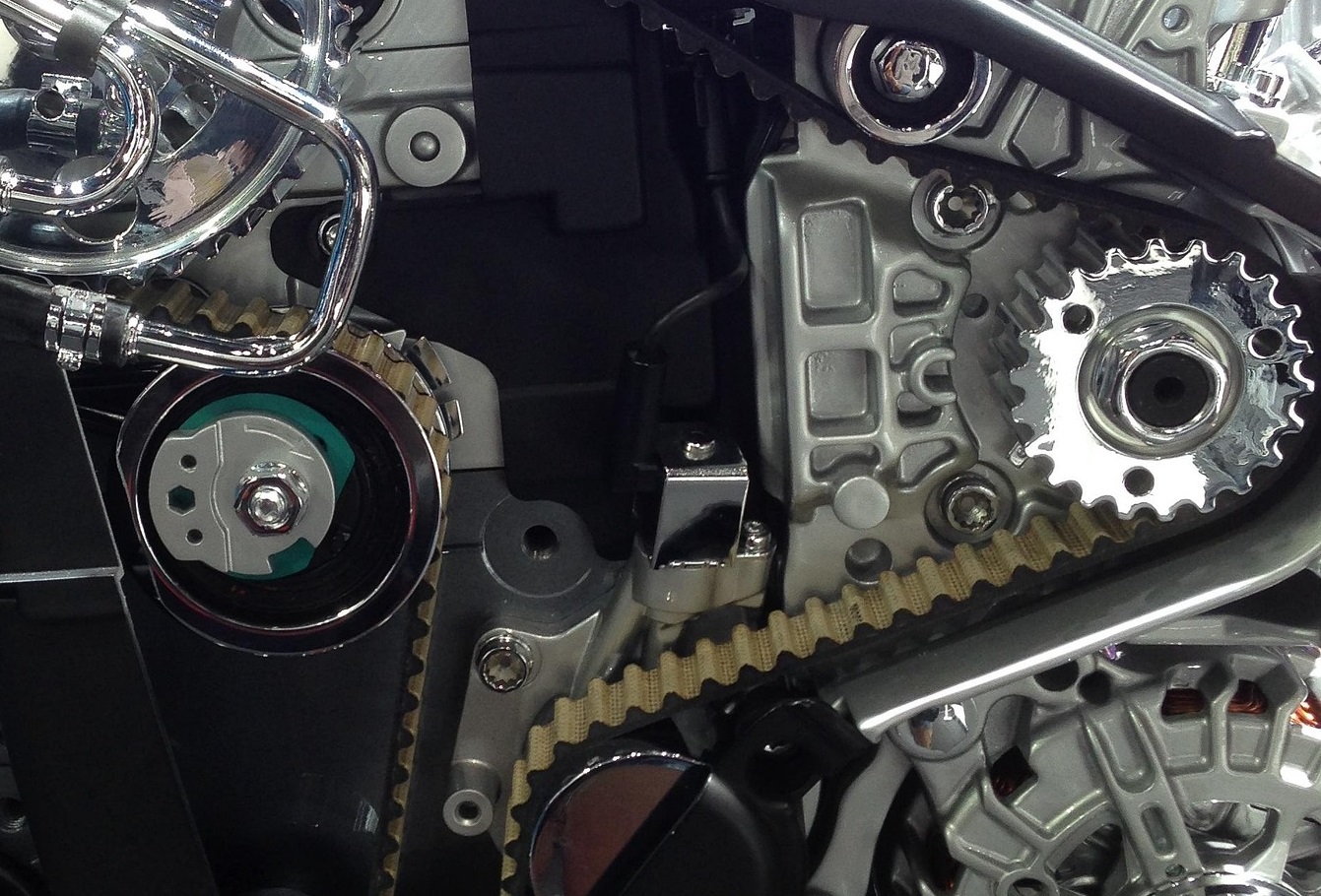- Ensures Safety
- Prevents Accidents: Regular maintenance helps identify and fix potential issues before they cause accidents.
- Maintains Braking System: Ensuring brakes are in good condition is crucial for safe driving.
- Increases Reliability
- Reduces Breakdowns: Routine checks and servicing reduce the likelihood of unexpected breakdowns.
- Enhances Performance: Well-maintained vehicles perform more efficiently and reliably.
- Extends Vehicle Lifespan
- Reduces Wear and Tear: Regular maintenance minimizes wear and tear on vehicle components.
- Prolongs Engine Life: Consistent oil changes and engine checks keep the engine running smoothly for longer.
- Saves Money
- Avoids Costly Repairs: Early detection of issues can prevent expensive repairs in the future.
- Improves Fuel Efficiency: A well-maintained car uses fuel more efficiently, saving money on gas.
- Maintains Resale Value
- Higher Resale Price: A well-maintained car retains its value better and can fetch a higher price when sold.
- Attracts Buyers: Buyers are more likely to purchase a vehicle with a documented maintenance history.
- Enhances Driving Experience
- Smooth Operation: Regular maintenance ensures the car runs smoothly and handles well.
- Comfortable Ride: Maintenance of suspension and alignment contributes to a more comfortable ride.
- Reduces Environmental Impact
- Lower Emissions: A well-maintained vehicle produces fewer emissions, reducing its environmental footprint.
- Efficient Fuel Use: Properly maintained engines burn fuel more efficiently, contributing to better fuel economy.
- Ensures Compliance with Regulations
- Passes Inspections: Regular maintenance helps ensure the vehicle meets safety and emissions standards.
- Avoids Fines: Keeping the car in compliance with regulations helps avoid fines and penalties.
- Promotes Road Safety
- Reliable Braking: Regular brake checks ensure the braking system is effective.
- Good Tire Condition: Proper tire maintenance ensures adequate traction and reduces the risk of blowouts.
- Identifies Potential Issues Early
- Early Detection: Regular checks can identify potential problems before they become serious.
- Prevents Major Failures: Addressing minor issues early prevents major system failures.
- Enhances Resale Appeal
- Detailed Records: Maintenance records provide a history of care, making the car more attractive to buyers.
- Builds Trust: Buyers trust a vehicle that has been well cared for.
- Promotes Engine Health
- Regular Oil Changes: Keeping the oil clean and at the proper level is crucial for engine health.
- Filter Replacements: Replacing air and fuel filters ensures the engine runs efficiently.
- Improves Handling and Stability
- Suspension Maintenance: Regular checks and adjustments to the suspension system improve handling.
- Alignment Checks: Proper wheel alignment ensures better stability and control.
- Keeps Electrical Systems Functioning
- Battery Checks: Regular battery checks prevent starting issues.
- Electrical Inspections: Ensuring all electrical systems are functioning prevents malfunctions.
- Protects Against Weather Conditions
- Seasonal Maintenance: Preparing the car for seasonal changes protects it from extreme weather conditions.
- Fluid Checks: Ensuring all fluids are topped up and in good condition helps the car run smoothly in any weather.
- Enhances Fuel Efficiency
- Proper Tire Inflation: Correct tire pressure improves fuel efficiency.
- Efficient Engine Performance: Regular maintenance keeps the engine running efficiently, saving fuel.
- Provides Peace of Mind
- Confidence in Reliability: Knowing the car is well-maintained provides confidence in its reliability.
- Stress Reduction: Regular maintenance reduces the stress of unexpected breakdowns.

